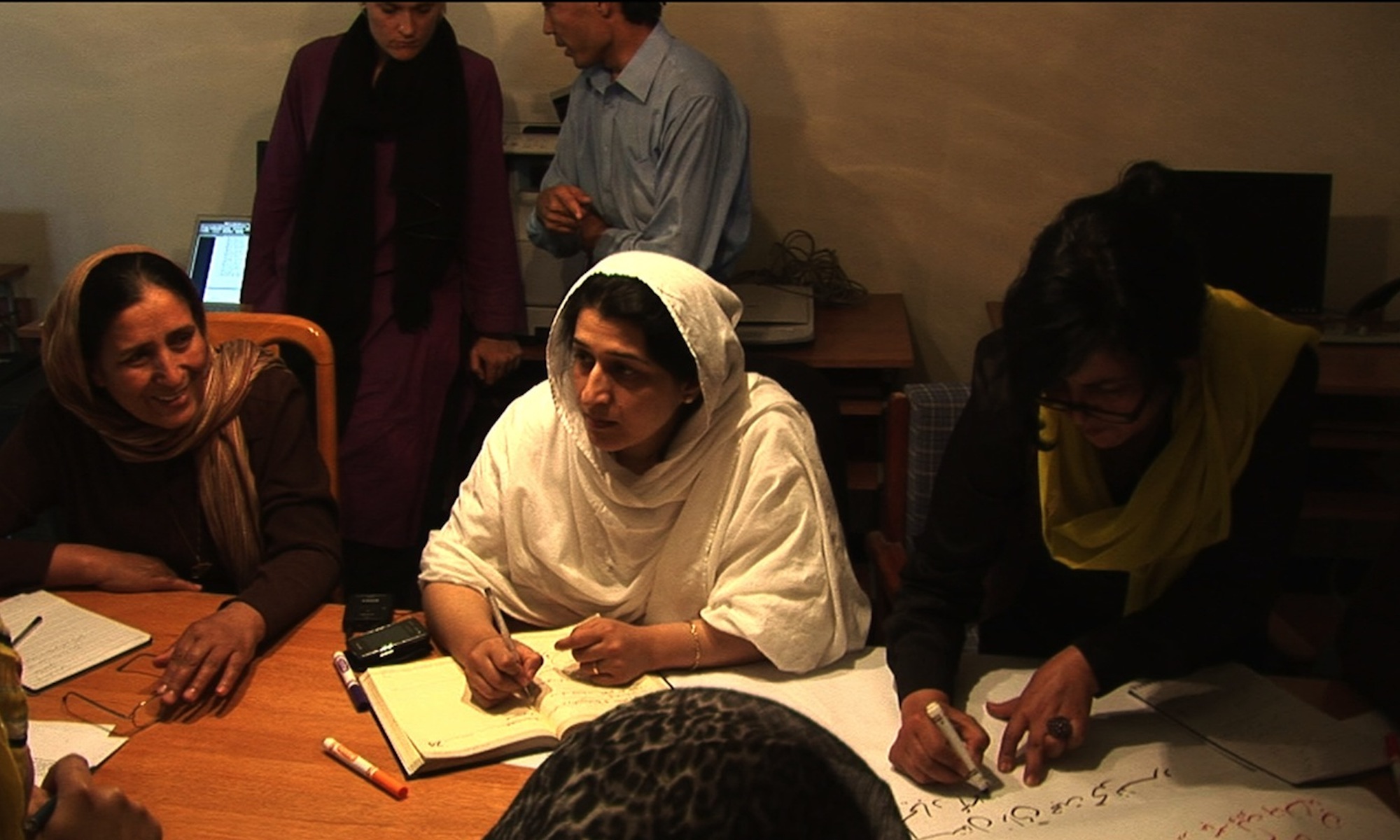Soon after coming to power in May 1997, the new government of Congo initiated a national reconstruction process, based on the principles of decentralization, and participation, to overcome the centralist, and authoritarian legacies of the past. The Government also prepared, and adopted a decree-law in 1998, with a view to institutionalizing these two principles during a transition period of two years. Despite the resurgence of war in August 1998, the Government’s decentralization policy remains, by and large appropriate. After presenting the legacies of Mobutu’s rule that propel the current need for decentralization, and participation, the paper discusses what these ideas mean to people at the grassroots level. Harnessing some of the many ideas expressed in consultations, and conferences sponsored by the Government, the paper discusses the substance of the Government’s decentralization policy, and the extent to which it was applied. The paper goes on to explain the growing role of traditional, and religious actors within Congolese society, and discusses their relationship to the new Government. Finally, the paper suggests building on the policy already initiated by the Government, to institutionalize participation, and decentralization, and use them to overcome the divisions left by decades of conflict.

INSCT Postconflict Research Database
The Institute for National Security and Counterterrorism's Postconflict Research Database & Analysis Project stores cross-indexed bibliographic information on hundreds of journal articles, books, book chapters, and case reports that address the broad, interdisciplinary fields of postconflict reconstruction, stabilization, and peacebuilding.